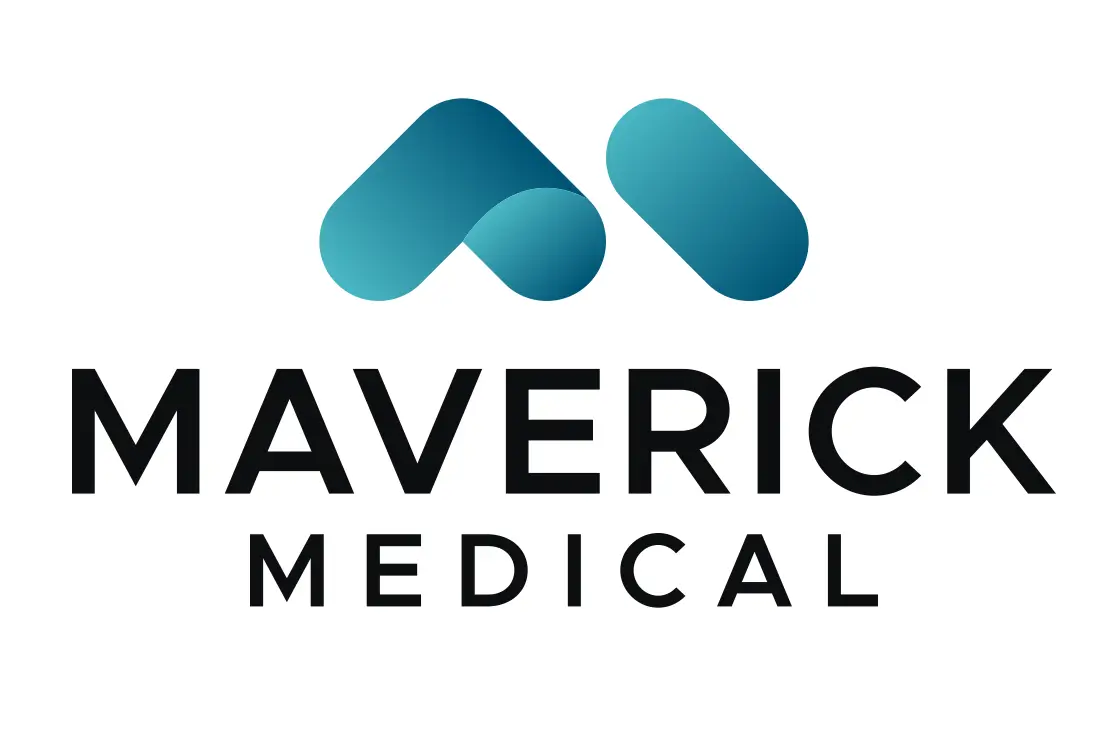Annual Physical Exam for Adults and Elderly
Yearly health check ups that catch issues before symptoms arise.

Take Care of Yourself Before Any Serious Illness Comes
Why Annual Exams Are Important
As a famous saying states, prevention is better than cure. Many severe conditions like diabetes, heart disease, and high blood pressure develop silently for years without obvious warning signs.
When you do regular physical exams, it monitors these chronic conditions and updates your medical histories. These visits also build a strong relationship with your primary care provider, which leads you to better, personalized care.

What's Included in an Annual Physical Exam
Complete Medical History Review
When you visit us for an annual exam, we start by reviewing your health history. What's new since your last visit? Are any symptoms bothering you? Have you had any changes in medications? This conversation helps us understand what is happening in your life. It also helps us find areas that need attention or monitoring for possible health problems.
Vital Signs Assessment
Did you know that your vital signs provide critical information about your general health? Vital signs include your heart rate, blood pressure, temperature, breathing rate, and oxygen levels. These measurements provide crucial data to set a baseline for your health. They also help us notice changes that could signal problems like heart or breathing issues.
Comprehensive Physical Examination
This is the hands-on part of your visit. Here, we perform a complete physical exam of your major body systems, checking your heart, lungs, nervous system, muscles, and joints. A full physical exam reveals issues that symptoms alone might not reveal, including early signs of health problems or structural issues.
Laboratory Testing and Screenings
Depending on age, health history, and risk factors, we recommend blood work for annual physical exams or other screenings. These blood tests provide insights into your health that a physical exam alone cannot. They can detect conditions such as diabetes, renal disease, and excessive cholesterol before symptoms arise.
Health Education and Prevention Planning
Knowledge is power when it comes to your health care. We explain your test results, discuss your health risks, and give practical advice for staying healthy. This includes vaccination updates, lifestyle recommendations, and scheduling future screenings to maintain optimal health throughout the year.
Lifestyle and Wellness Discussion
How you live affects how you feel. We discuss your eating habits, exercise routine, sleeping habits, stress levels, and any concerns about smoking or drinking. These talks often lead to helpful tips to prevent chronic diseases and improve your daily wellness.
Comprehensive Physical Examination
This is the hands-on part of your visit. Here, we perform a complete physical exam of your major body systems, checking your heart, lungs, nervous system, muscles, and joints. A full physical exam reveals issues that symptoms alone might not reveal, including early signs of health problems or structural issues.
Lifestyle and Wellness Discussion
How you live affects how you feel. We discuss your eating habits, exercise routine, sleeping habits, stress levels, and any concerns about smoking or drinking. These talks often lead to helpful tips to prevent chronic diseases and improve your daily wellness.
Physical Exam Checklist
Vital Signs Check
- Breathing rate and pattern
- Temperature (mouth, ear, or forehead)
- Measuring your heart rate and rhythm
- Blood pressure (both arms if needed)
- Oxygen levels
- Pain level
- Height and weight
General Look and Mental Status
- Overall appearance and cleanliness
- Alertness level
- Mood and emotions
- Clear speech
- Know who you are, where you are, and what day it is
Head and Neck Exam
- Head shape and balance
- Pupil size and light response
- Vision and eye movement
- Ear canals and eardrums
- Nose passages
- Mouth, teeth, and throat
- Neck lymph nodes and thyroid
Heart and Lung Exam Systems
- Heart sound detection
- Pulse in arms and legs
- Neck vein swelling
- Lung sounds in all areas during
- Chest wall movement
- Breathing effort and balance
- Cough check
Stomach and Arms/Legs
- Stomach inspection and feeling
- Bowel sounds in all areas
- Liver and spleen check
- Arm and leg strength and movement
- Joint swelling or shape changes
- Skin color, warmth, and blood flow
- Swelling check
Skin Check
- Skin health and sores
- Rashes or color changes
- Wound or pressure sore review
Head and Neck Exam
- Head shape and balance
- Pupil size and light response
- Vision and eye movement
- Ear canals and eardrums
- Nose passages
- Mouth, teeth, and throat
- Neck lymph nodes and thyroid
Skin Check
- Skin health and sores
- Rashes or color changes
- Wound or pressure sore review
How to Prepare for Your Exam
Gather Your Medical Information
The first thing is to create an in-depth image of your present health. List all medications, vitamins, and supplements with exact amounts. Note any drug allergies or bad reactions. Bring records of recent surgeries, hospital stays, or emergency visits. Also, include updates on family medical history.
Write Down Your Symptoms and Concerns
Think about how you've been feeling lately. Write down any new symptoms or changes in energy, sleep, mood, or appetite. Please note when they began and how frequently they occur. Also, note what renders them more effective or worse. Don't worry about whether something seems essential enough; let us help you decide.
Bring the Right Documents
Please have your present insurance cards and an original photo ID handy. Also, include recent medical records, test results, or specialist reports from other doctors. This will help us get a complete picture of your health care and avoid repeating unnecessary tests or missing important information.
Prepare for Possible Lab Work
If blood tests that require fasting are scheduled, follow the instructions carefully. Typically, this entails fasting for 8-12 hours and only drinking water. Call ahead if you're not sure about fasting requirements. Proper preparation ensures accurate test results and avoids the need to reschedule.
Dress Comfortably
Wear loose, comfortable clothes that are easy to remove if needed. You might change into a medical gown for the exam, so avoid complicated outfits or lots of jewelry. Layers work well since exam rooms can be cool.
Plan Your Questions in Advance
Jot down topics you would like to discuss during your visit. Also, focus on health goals, prevention advice, or clarification about current treatments. It is important to rank them by importance since appointments have time limits. This helps ensure you cover everything important.




Frequently Asked Questions
For most healthy adults, once a year is fine. But if you have chronic conditions like diabetes, heart disease , or high blood pressure, your primary care doctor may recommend visits every six months. For example, older adults at risk for age-related health issues may benefit from regular monitoring.
We'll discuss your health history, current medications, and concerns, check vital signs, and perform a physical exam. We might suggest lab tests or screenings. Finally, we'll discuss our findings and recommendations.
We advise you to bring a list of current medications with amounts. Also, bring your insurance cards, ID, and recent medical records. Make sure to write down symptoms or health concerns you want to discuss.
We'll explain any issues thoroughly and discuss alternatives. This might mean additional tests, specialist referrals, or new treatments. We'll ensure you understand and are confident with the plan.
Yes, many severe conditions develop silently. Your yearly physical catches these problems early when they're most treatable. Annual checkups are vital for keeping healthy.

